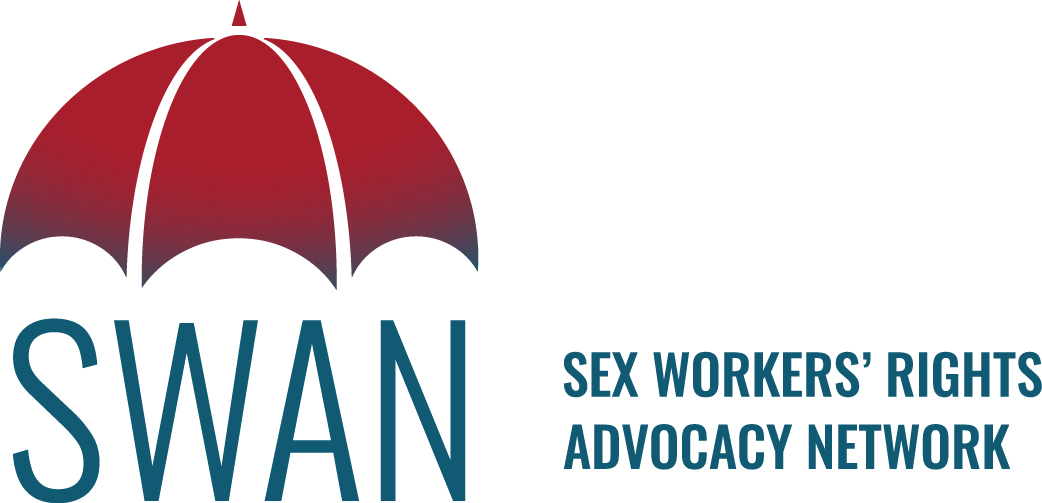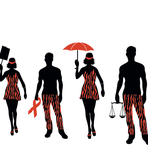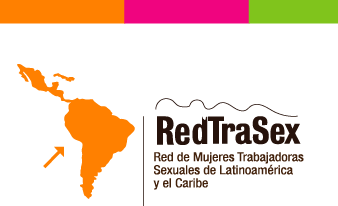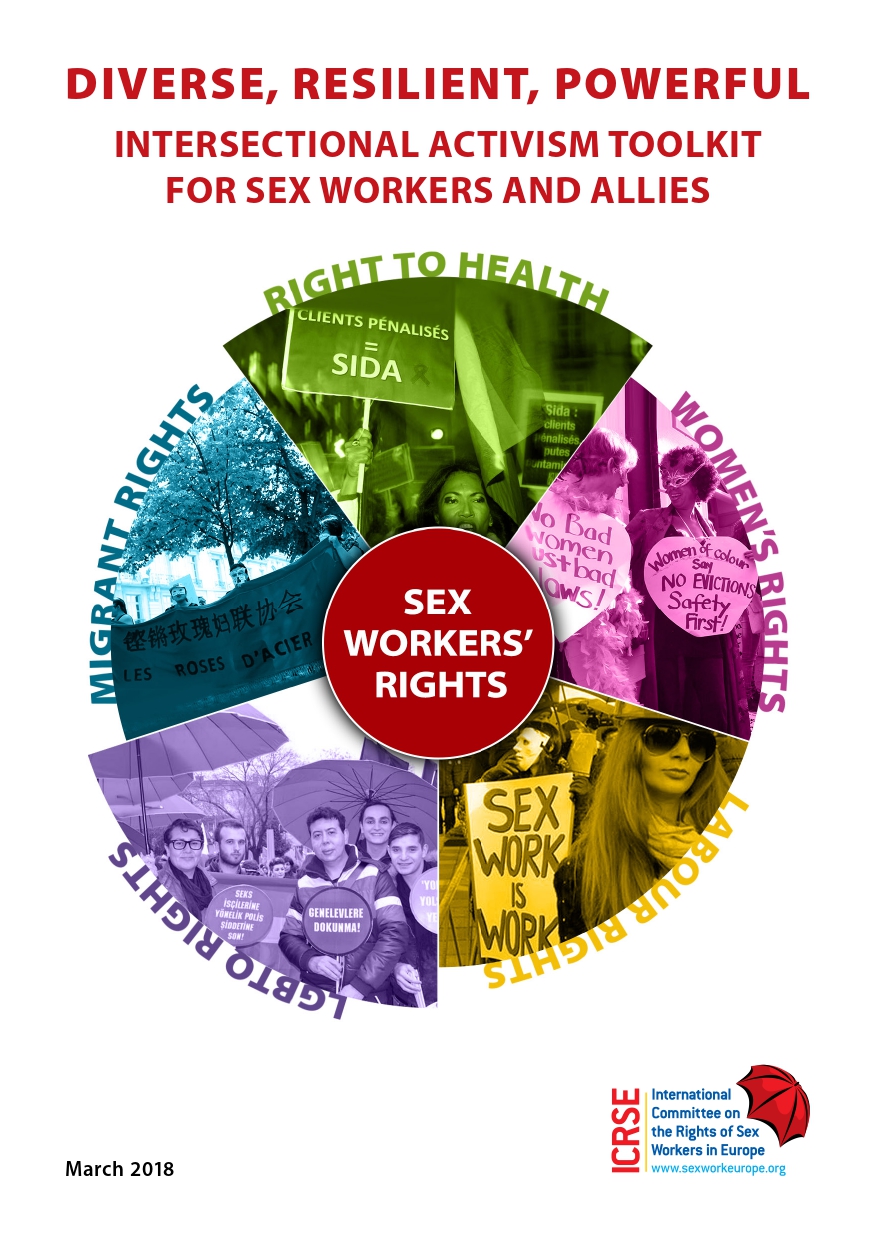
This document has been developed for sex workers’ rights activists as a template on how to approach some of the most commonly asked questions by media representatives. It can be intimidating for activists with no experience to work with journalists and you might not feel confident enough to engage with them. But sex workers have the real-life knowledge from their experiences, and this makes them an expert on sex work. Still, it is important that sex workers feel able to communicate their thoughts and arguments in a way that is useful and safe for themselves, for their community and sex workers’ rights. We hope that this guide will give some directions so that sex workers can become more confident. This document is not meant to tell sex workers what they should think or say but merely to make them aware of the common topic of interests shown by media when talking about sex work and of the rhetoric commonly used by sex workers? rights movement to tackle these questions.
View



